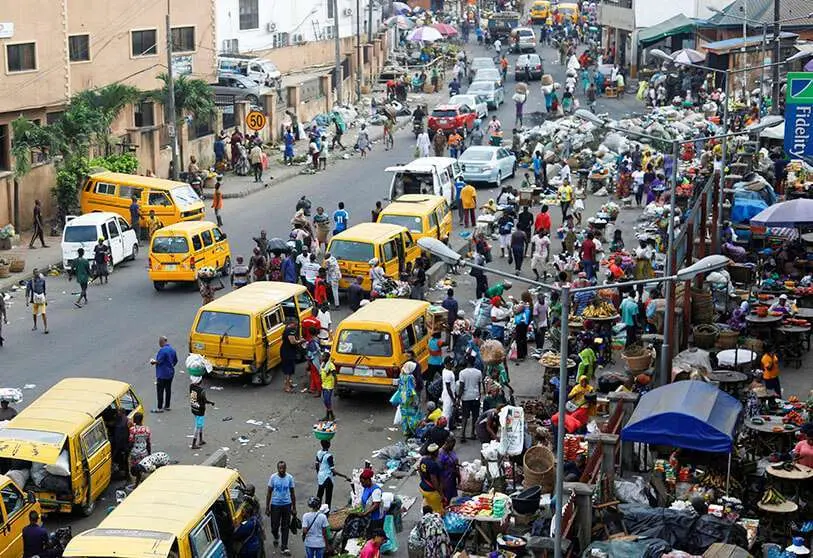Nigeria, The African Giant

The current population of Nigeria is 210 million people and the demographic projection for 2050 places Nigeria at 420 million inhabitants, that is to say, it will double its population in 30 years. It is twice the size of Spain and has 858 kilometres of coastline on the Gulf of Guinea, in the south of the country.
After gaining independence from the United Kingdom in 1960, it became a Federal Republic based on the American model, with 36 states and a Federal Territory, where the capital, Abuja, is located, although the best known and most populated city in Nigeria is Lagos, the former capital of the country.
GDP per capita is less than $7,000 a year and Nigeria ranks 161st out of 189 countries on the United Nations Human Development Index, making it one of the poorest countries in the world. Its economy shifted from agriculture and pastoralism to industry after the discovery of oil and natural gas just after independence. Nigeria is a member of OPEC (Organisation of Petroleum Exporting Countries) and is the world's 12th largest oil producer.
In the African context, Nigeria is the most populous country, with one in six Africans being Nigerian, making it the seventh most populous country in the world. With the explosion indicated at the beginning, Nigeria will become the fourth most populous country in the world and two out of every six Africans will be Nigerian.
More than 200 ethnic groups live together, the most important being the Ausa-Fulani in the Muslim-majority north and the Christian-majority Yoruba in the south. Many of the Yoruba were enslaved and sold to the Spanish colonies and the US.
Despite Nigeria's hydrocarbon wealth, poverty rates are extremely high, with overpopulation being one of the main problems, and this poverty will increase uncontrollably as the population grows exponentially. This situation will have serious repercussions, fundamentally in two aspects: first, the accumulation of people around the mega-cities, creating huge pockets of misery around them, and second, a strong tendency towards migration out of extreme poverty, migration that will be mainly oriented towards Europe.
In terms of political stability, Nigeria needs to deepen key elements such as decentralisation and deconcentration of power and the public economy, as there are large differences between states. Conflicts could increase due to the disproportionate increase in poverty, and pressure from north/south or Muslim/Christian beliefs could become relevant. We should not forget the Biafra conflict, which still recalls the more than one million people who perished, mostly from hunger and disease, and which ended with the triumph of the union against secession in the 1970s.
It is now that national, African and international leaders have to think about how to deal with the economic and social reality of a country that is already an African giant.
Francisco Pineda Zamorano. Expert in International Relations and Cooperation.

